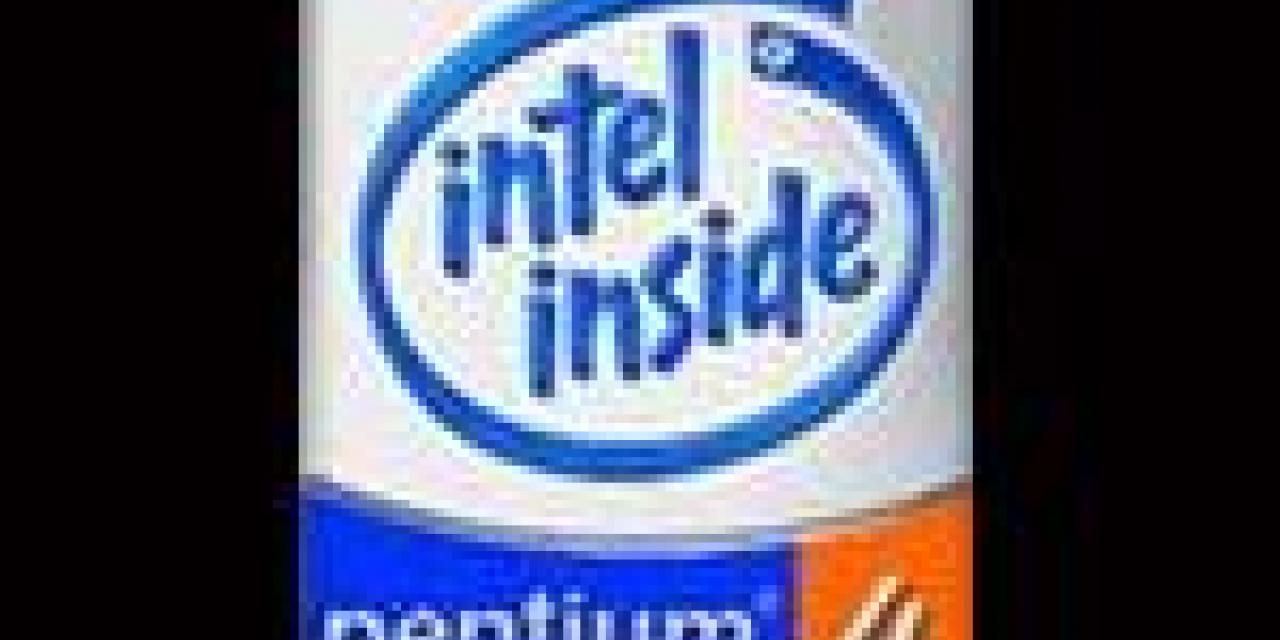

The controversy has been there for a while. Find out how the complete range of AMD and Intel processors have faired when compared to each other under Windows XP. The extensive tests measured various aspects of processor performance, including: Open GL, Direct 3D and Audio/Video.
Both Intel and AMD have many devoted fans, ready to defend their favourite manufacturer, to the bitter end. The recent release of the Athlon XP range has however, further sparked the controversy, leading to such classic questions as "is clock speed the most important aspect of a chip?".
AMD has set out to prove that clock speed is not as important as an efficient and well thought out design, while Intel is trying to force its way into the market with pure and unique core speeds.
Follow the link below and to the right to view further details and results of the various tests carried out.
In Quake 3 Arena (demo 001) Intel's big boys, the 1.9 and 2 GHz models, performed better than the XP 1800+, which in turn was better than the Intel 1.8 GHZ. The Athlon XP 1700+ was better than the Intel 1.7 GHz the XP 1600+ than the 1.6 GHz and so on.
On Quake 3 (demoNV15) the 1800+ and 1700+ XP's where better than even the 2GHz Intel CPU's.
In many ways this unprecedented feat of the Athlons is due to the nVidia nForce chipset, which makes the difference when using high resolutions.
Press below and to the right for Direct 3D performance tests
Surprisingly the full Athlon XP range and the Athlon 1.4 GHz outperform the Intel's (including the 2 GHz Pentium 4) on 3D Mark 2000 DirectX 7, Direct 3D performance.
While it can be claimed that directX 7 was not optimized for Pentium 4's there is less of an excuse for the Intel losses on DirectX 8's Direct 3D performance. XP's from the 1800+ to the 1600+ fair better than the Pentium 4 2 GHz model.
Read on to compare audio and video encoding speeds of the processors under Windows XP.
Intel's Pentium 4 2 Ghz finally comes out on top, if only just, of the 1800+ in MPEG layer 3 audio encoding using Lame MP3 encoder. In the same test the Pentium 4 1.9 GHz outperforms the Athlon XP 1700+ and the Pentium 4 1.8 GHz handles the task better than the XP 1600+.
The picture changes when Divx encoding, using Flask 0.6, is carried out. The Athlon XP'S 1800+ through to 1600+ perform considerably better than the Pentium 4 2 GHz model.
It is obvious, from the tests, that AMD has managed to produce processors that can rival and in many cases better the faster, as far as clock speed is concerned, Pentium 4's. These results add an extra boost to AMD'S efforts to stress that GHz don't necessarily mean speed.
It is still possible that many applications need to be further optimized in order to use Intel CPU'S at their full potential. Examples such as the expected release of a new divx codec, could mean that benchmark results may be completely reversed.
This however, has been the main line of defense adopted by Intel advocates, in order to explain decreased performance, for quite some time now. If these application changes take much longer, they will arrive too late to save Intel's already damaged reputation.




